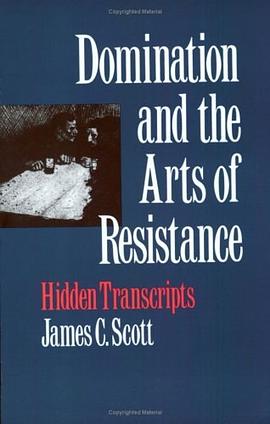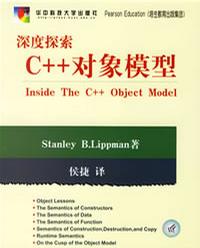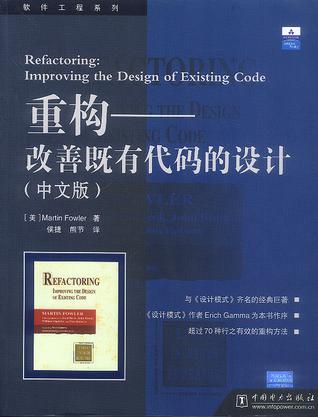Domination and the Arts of Resistance
内容简介
Received an Honorable Mention for the 1990 Professional/Scholarly Publishing Division Award in the History, Government, and Political Science category given by the AAP
"Play fool, to catch wise."—proverb of Jamaican slaves Confrontations between the powerless and powerful are laden with deception—the powerless feign deference and the powerful subtly assert their mastery. Peasants, serfs, untouchables, slaves, laborers, and prisoners are not free to speak their minds in the presence of power. These subordinate groups instead create a secret discourse that represents a critique of power spoken behind the backs of the dominant. At the same time, the powerful also develop a private dialogue about practices and goals of their rule that cannot be openly avowed. In this book, renowned social scientist James C. Scott offers a penetrating discussion both of the public roles played by the powerful and powerless and the mocking, vengeful tone they display off stage—what he terms their public and hidden transcripts. Using examples from the literature, history, and politics of cultures around the world, Scott examines the many guises this interaction has taken throughout history and the tensions and contradictions it reflects. Scott describes the ideological resistance of subordinate groups—their gossip, folktales, songs, jokes, and theater—their use of anonymity and ambiguity. He also analyzes how ruling elites attempt to convey an impression of hegemony through such devices as parades, state ceremony, and rituals of subordination and apology. Finally, he identifies—with quotations that range from the recollections of American slaves to those of Russian citizens during the beginnings of Gorbachev's glasnost campaign—the political electricity generated among oppressed groups when, for the first time, the hidden transcript is spoken directly and publicly in the face of power. His landmark work will revise our understanding of subordination, resistance, hegemony, folk culture, and the ideas behind revolt.
From Yale University Press,
......(更多)
作者简介
received his bachelor's degree from Williams College and his MA and PhD (1967) from Yale. He taught at the University of Wisconsin–Madison until 1976, when he returned to Yale. Now Scott is the Sterling Professor of Political Science and Professor of Anthropology and is Director of the Agrarian Studies Program. He is a Fellow of the American Academy of Arts and Sciences, has held grants from the National Science Foundation, the National Endowment for the Humanities, and the Guggenheim Foundation, and has been a fellow at the Center for Advanced Study in the Behavioral Science, Science, Technology and Society Program at M.I.T., and the Institute for Advanced Study, Princeton.
His research concerns political economy, comparative agrarian societies, theories of hegemony and resistance, peasant politics, revolution, Southeast Asia, theories of class relations and anarchism. He is currently teaching Agrarian Studies and Rebellion, Resistance and Repression.
Scott lives in Connecticut, where he raises sheep.
......(更多)
目录
......(更多)
读书文摘
由于这种民间文化的承载者所遭受的政治不利条件会惯习性地持续运作,因此,其公开表达经常都会绕开言行不恰当这一束缚。
用曾经身为奴隶的亨利·奇塔姆(Henry Cheatam)的话说,“电子录音监控器真是一个恶魔,它让我们难以见面开会。
......(更多)






